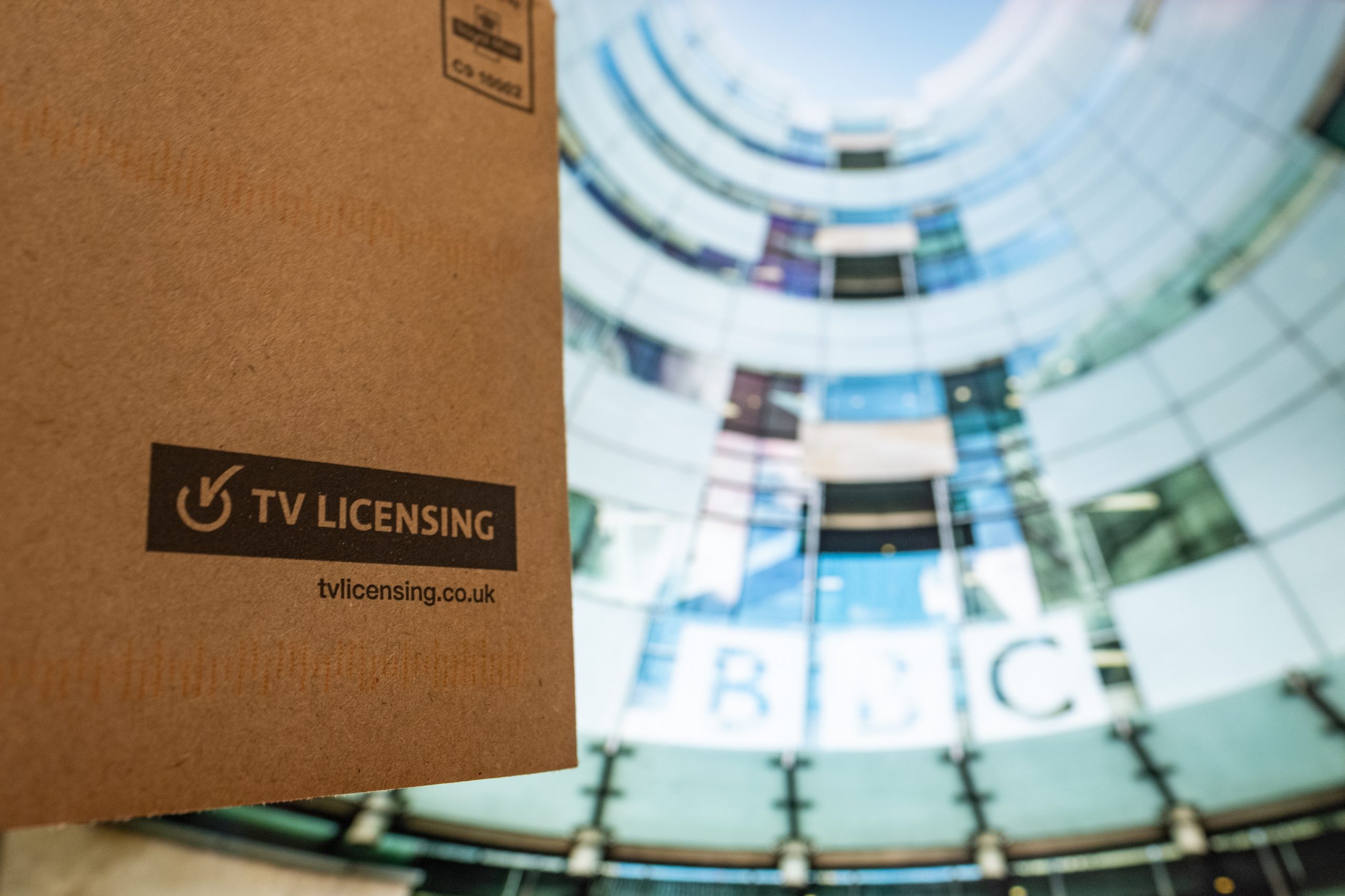REPORT
Making Big Tech Pay for the News They Use
22 July 2022
By Courtney C. Radsch

This report was originally published on the Center for International Media Assistance (CIMA) and is republished with permission.
As policymakers around the world consider how to rebalance the relationship between Big Tech and the news industry, it is imperative that they take a global view and consider the implications for independent news outlets in developing and low-income countries. Pioneering laws and policies like Australia’s 2021 News Media Bargaining Code and the European Union’s 2021 Digital Copyright Directive, which compel platforms to pay for the news they use, have inspired publishers globally and spurred other countries to pursue similar policies. This report examines three types of policy interventions: taxing digital advertising, empowering news media to collectively bargain with Big Tech, and requiring tech platforms to pay licensing fees for using news content. It finds that implementing any of these approaches is not just about political will, but also about institutional design, legitimacy, and trust.
Read more: Facebook restricts Australian news sites
Key findings
– Facebook and Google have a duopoly on the digital ad market, leaving news outlets struggling to generate revenue from online content.
– To effectively design policies monetizing digital news content, more research is needed on the link between referral traffic and news site revenues.
– Successfully implementing similar policies in developing economies requires strong institutions and professional associations that can represent media outlets, facilitate bargaining, and independently manage and monitor distribution of revenues.
Related Posts
21st February 2022
The Existential Threat posed by Big Tech Platforms to Caribbean Journalism and Democracy
"This paper is not alarmist. It is not…
19th February 2021
Facebook restricts content from Australian news sites
Facebook has announced that it will…
16th December 2019
Insight | Facebook “state controlled” labels could ensnare public broadcasters
Facebook for more than a month now has…



